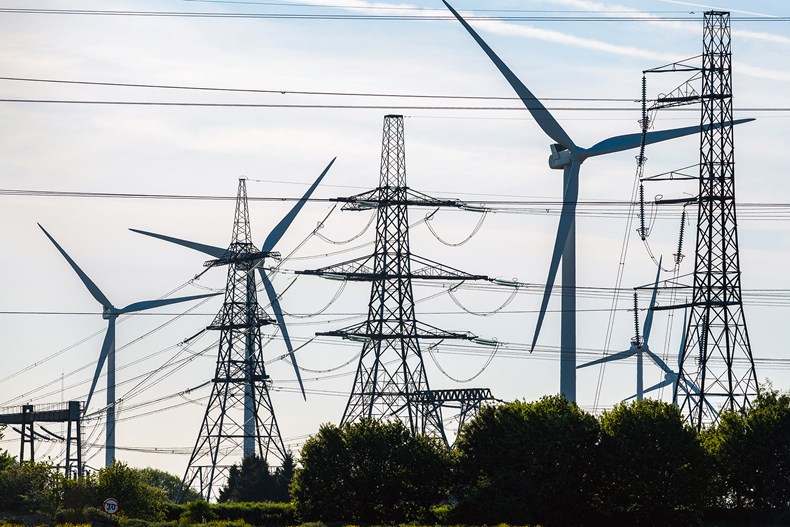The UK government spending watchdog has said ministers’ efforts to tackle the energy bills crisis have left the country at risk of missing a key target to source green power and are threatening the country’s net zero goal after the government had said in 2021 it wanted all electricity to be generated from low-carbon sources by 2035, a pillar in the plan to reduce carbon emissions to net zero by 2050.
However, the National Audit Office (NAO) said on Wednesday that the government has made little progress in producing a “long-term delivery plan” to boost clean energy sources after the energy crisis which began in late 2021 was exacerbated by Russia’s invasion of Ukraine and warned that “the absence of a clear plan and the perception that there could be changes in government policies could deter external investors from providing funds for new infrastructure or lead them to increase the rates of return they require, ultimately increasing costs for energy consumers”.
Read also: Leaked draft shows EU set to crack down on greenwashing
Since 1990, emissions related to UK power generation have fallen by 73%, with increases in wind and solar power and the phasing out of coal power stations reducing the impact on the environment, albeit about 40% of the UK’s electricity is still generated from gas and the owners of gas-fired power plants are still picking up huge subsidies to keep the lights on when wind and solar power drop out owing to weather conditions.
Electricity demand is predicted to increase by as much as 60% by 2035 as vehicles and heating are switched from fossil fuels to electricity and the UK has set a target of 2035 for a ban on the installation of new gas boilers, although efforts to encourage households to seek low-carbon alternatives have so far stalled.
The government stepped in late last year to subsidise energy bills amid fears that the rise in wholesale gas prices would leave many households and businesses unable to afford bills.
“It is understandable that [the government] has focused on dealing with the immediate energy crisis over the past 12 months. But one consequence of this is that it lacks a delivery plan for decarbonising power by 2035, which is the backbone of its broader net zero ambition,” Gareth Davies, head of the NAO, was quoted as saying, adding that the longer it took for a plan to be drawn up, “the higher the risk that it does not achieve its ambitions, or it does so at a greater than necessary cost to taxpayers and consumers”.
Meg Hillier MP, chair of the public accounts committee, was also critical of the UK’s department for energy security and net zero [DESNZ] which she accused of not having a delivery plan for decarbonising electricity.
Meanwhile, the government has estimated that £280bn to £400bn of investment is needed to decarbonise the power sector, excluding the cost of researching new technologies and constructing new networks and ministers are also under pressure to respond to Joe Biden’s Inflation Reduction Act, which has made the US more attractive to international investors looking to fund green energy projects.
A DESNZ spokesperson said: “Since the energy crisis caused by [Vladimir] Putin’s illegal invasion our focus has been on delivering essential cost of living support, including paying half a typical household’s energy bills this winter, because this is the primary focus for families across the country.
“At the same time, the UK is decarbonising faster than any other G7 country … Our targets are ambitious, however we haven’t taken our foot off the pedal and our commitment to decarbonise the UK’s electricity system by 2035 remains resolute.”
Story was adapted from the Guardian
